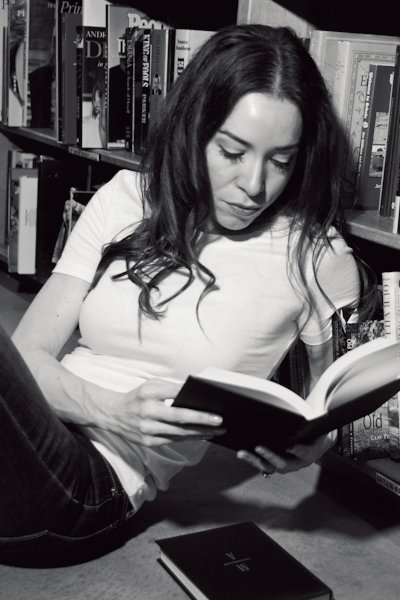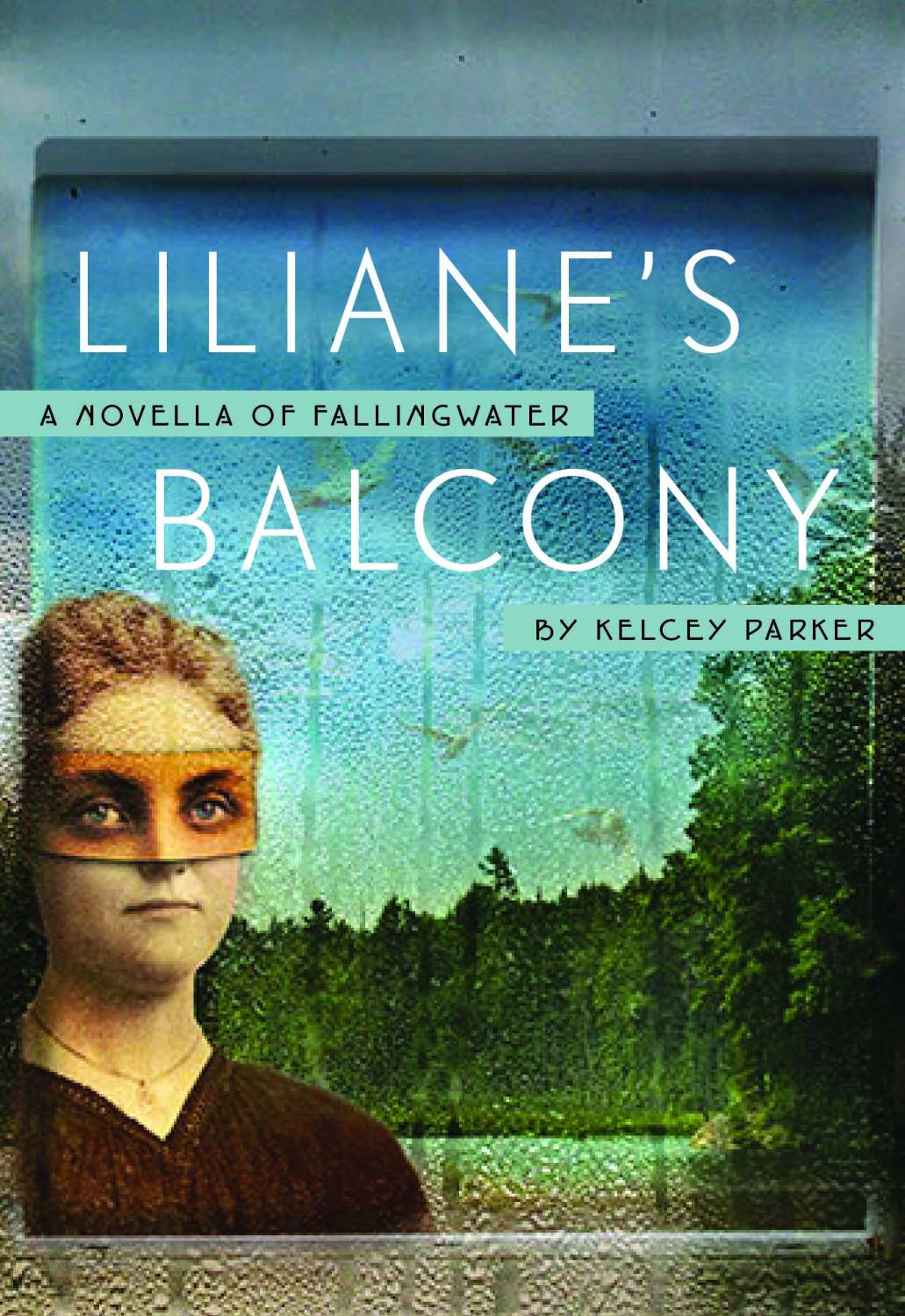Publishing is just like dating.
Just because one editor doesn’t like it, or even hates it,
doesn’t mean another won’t fall in love with it.
Jessica Tyner, born and raised in Oregon, is a member of the Cherokee Nation, a Pushcart Prize nominee and a graduate of the Ooligan Press program. She received her master’s degree in Writing from Portland State University, having completed the second year of the program as an intern with the Fulbright Commission in London, England. An extensive traveler, she has lived in England, South Korea and Costa Rica and has had her poetry published around the world. She’s the founder of The Jessica Tyner Scholarship Fund, an annual gift for graduate students with a Native American connection who are pursuing an advanced degree in writing or a related field.
Read more by and about Jessica:
Book of Poems: The Last Exotic Petting Zoo
Poems: “The Carving Station” and “Bronco Bustling”
Poem: “Love You More”
Poems: “Two Days Prior to the Burial” and “How to Oil an Indian Man’s Hair”
How Jessica Tyner Became a Writer
This is the next installment in the How to Become a Writer interview series, which will post here at Ph.D. in Creative Writing every other Sunday (or so) until I run out of writers to interview, or until they stop saying yes. Each writer answers the same 5 questions. Thanks to Jessica for saying yes!
1. Why did you want to become a writer?
Writing has always come naturally to me, but I grew up in the era where those with an English degree could “only” be teachers. This was right before the boom of SEO, web content writing, monetized blogging and other potentially lucrative writing careers. I pursued an undergrad degree in English followed by a master’s in writing based on pure passion. Throughout my academic career, I worked for non-profits writing grant proposals and marketing materials—always publishing my own poetry on the side. However, it took my department being shut down and a fluke of a segue into freelancing to discover that writing really can be a “real” career. The simple answer is “always,” though. I’ve always known I’m a writer, but I don’t think it’s something you become. You can definitely, constantly improve your writing skills, but I think for most writers it’s something we’re born with.
2. How did you go about becoming a writer?
I got into the non-profit field via a work-study position. My university placed me with Oregon Literacy, a local non-profit, simply because they thought the words “English major” and “Literacy” went hand in hand. I had a knack for grant writing, and it was the first time I was paid for writing so I stuck with this industry probably longer than I should. Honestly, my first freelance gig came about when I was perusing Craigslist after my department got laid off. One ad was for a writer for a short-term project, and was rich with arrogance and elitism. I just had to write to the poster to let him know my thoughts on such a haughty ad. He ended up being my first project manager—we worked together for years.
 3. Who helped you along the way, and how?
3. Who helped you along the way, and how?
In terms of becoming a successful professional writer, that Craigslist poster was the biggest boost. From a poetic standpoint, my undergraduate poetry professor, Michele Glazer, was hugely inspirational. I’m sending her a copy of my book with a note of thanks. I still remember the best (I think) piece of advice she gave us: “You should memorize poems because if you’re ever put into solitary confinement, you need beautiful words besides your own in your head.” I actually wrote a poem about that advice, and still remember many of the poems I memorized for her classes, particularly Kim Addonizio’s “What Do Women Want?”.
4. Can you tell me about a writer or artist whose biography inspires you?
I’m a big fan of Li-Young Lee. He was born into a family that was literally exiled, and into a country that wasn’t his own. His history is steeped in political strife, yet his work centers on the self and love, much like my own. He also married into a different culture. I greatly admire what he’s achieved, and even after years of reading and re-reading his work, he continues to have the ability to manipulate my emotions with ease.

5. What would you say in a short letter to an aspiring writer?
Grow a tough, thick skin and don’t let anyone tell you that a creative degree is useless—but don’t be passive either. As a writer, you need to forge your own path and work much harder than many in other industries. I had an editor of a journal write a nasty personal letter to me once calling a particular poem clichéd. That same poem was nominated for a Pushcart. Publishing is just like dating. Just because one editor doesn’t like it, or even hates it, doesn’t mean another won’t fall in love with it. Believe in yourself and your work, but write every single day (even when it hurts) and look for new publishing opportunities relentlessly. Unfortunately, many writers fall into the stereotype of being flaky and missing deadlines. I know because I’ve hired quite a few. Be the exception, blend business savviness with your writing skills, and you’ll have an edge.











Greetings from the professor! How are you this fine morning?
Thanks for the introduction to this amazing poet. I appreciate the work you put into your blog and enjoy the people you find.
I recently had the chance to hear Jessica Tyner speak at our Mt. Hood Cherokees meeting here in Portland. She has a surprising and multifaceted life story for someone so young, and her relentless drive to go and do more and stay true to herself is inspiring. I’m proud that I can share titles like Oregonian and Cherokee with an amazing woman like Jessica Tyner.